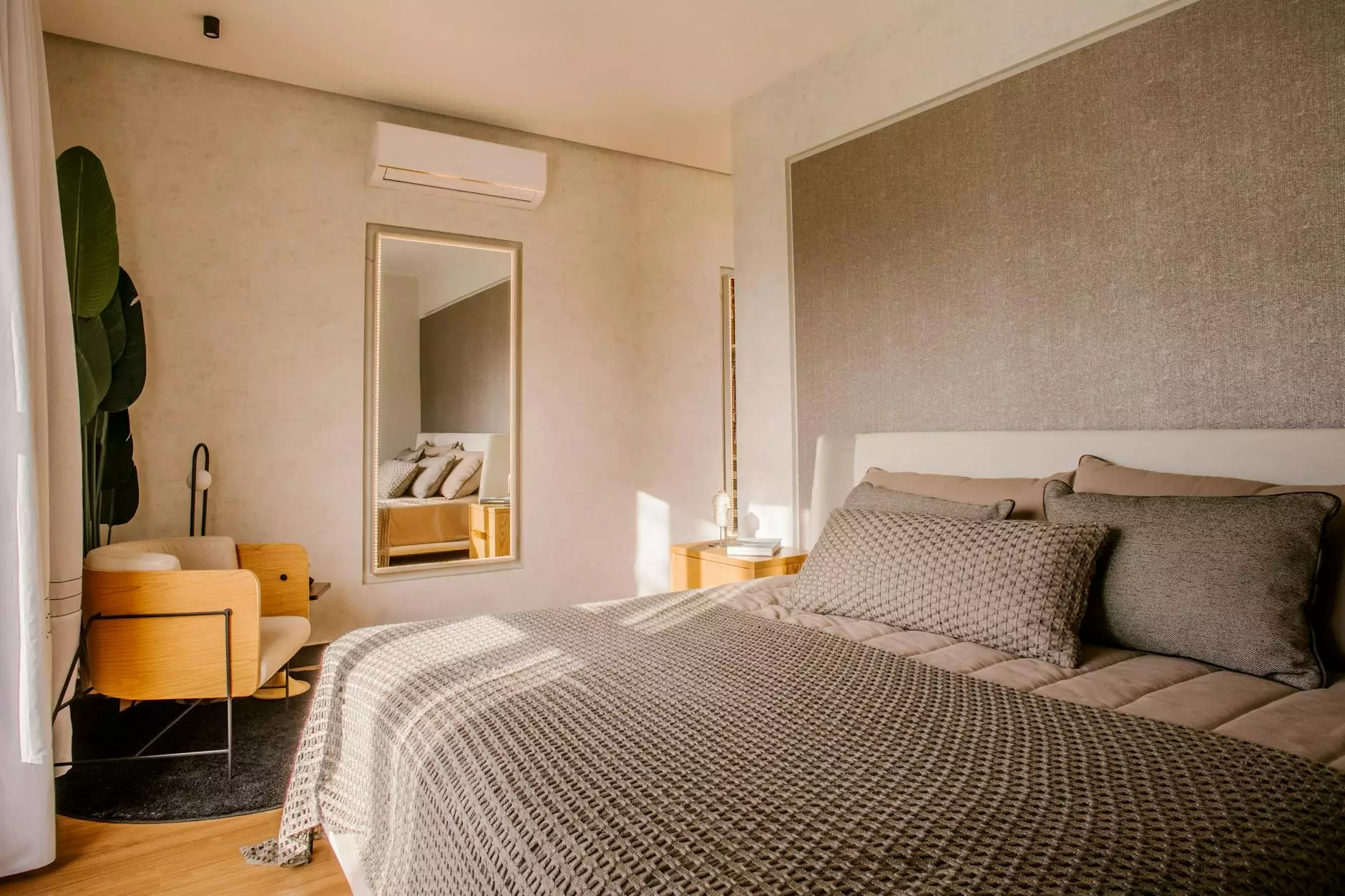Essential Guide to Home Air Conditioner Purchase

In today’s world, ensuring a comfortable living environment is paramount, especially during scorching summer months. If you're considering a home air conditioner purchase, you are not alone. Millions of homeowners are embarking on this journey to enhance their indoor comfort. This guide is crafted to provide you with detailed insights into everything you need for a successful air conditioner purchase, ensuring that your investment pays off in longevity and efficiency.
Understanding Air Conditioning Basics
Before diving into the specifics of selecting an air conditioning unit, it’s essential to grasp the fundamentals of how air conditioning works. Air conditioners operate by transferring heat from the indoors to the outdoors, creating a cooler indoor environment. Here’s how they typically function:
- Refrigeration Cycle: Air conditioners utilize a refrigeration cycle that involves the evaporation and condensation of refrigerant, a substance that helps remove heat from the air.
- Components: Major components include the compressor, evaporator coil, condenser coil, and expansion valve.
- Air Circulation: They also have fans that circulate the air within the home, aiding in temperature control and improving air quality.
Types of Air Conditioners
When considering a home air conditioner purchase, understanding the various types of air conditioning systems available is crucial. Each type has its unique advantages and is suited for different home sizes and layouts.
1. Central Air Conditioning Systems
Central air conditioning systems are ideal for larger homes. They consist of a large outdoor unit connected to an indoor system, providing uniform cooling throughout the home. These systems are efficient and can also improve indoor air quality.
2. Ductless Mini-Split Systems
Ductless mini-split systems have gained popularity due to their flexibility and efficiency. They consist of an outdoor unit and one or more indoor units, making them perfect for homes without ductwork. They allow for zoned cooling, meaning you can control the temperature in different areas of the house independently.
3. Window Air Conditioners
For smaller spaces, window air conditioners are a cost-effective choice. These units are installed in a window opening and can effectively cool a single room. They are easy to install and remove, making them a great seasonal option.
4. Portable Air Conditioners
Portable air conditioners offer convenience and mobility. These units are not fixed and can be moved from room to room as needed. They are perfect for renters or individuals who need temporary cooling solutions.
5. Hybrid Air Conditioners
Hybrid systems combine traditional air conditioning with heat pumps. They can switch between electricity and gas depending on which is more cost-effective, providing an efficient and environmentally friendly solution.
Benefits of Purchasing an Air Conditioner
Investing in a quality air conditioning system can bring numerous benefits:
- Improved Comfort: The primary benefit is enhanced comfort during hot weather, allowing you to enjoy a cool home environment.
- Better Air Quality: Modern air conditioners come with advanced filtration systems that purify the air you breathe by removing dust, allergens, and pollutants.
- Increased Home Value: A well-installed air conditioning system can add value to your property, making it more attractive to potential buyers.
- Energy Efficiency: Today's air conditioning units are designed to be energy-efficient, reducing your utility bills significantly.
- Allergen Control: With improved filtration and humidity control, air conditioning can help alleviate allergy symptoms caused by pollen and dust.
Factors to Consider When Purchasing an Air Conditioner
Choosing the right air conditioning unit requires careful consideration of several factors:
1. Size and Capacity
One of the most critical aspects of a home air conditioner purchase is selecting the appropriate size unit. An air conditioner that is too small won’t cool your home adequately, while a unit that is too large can lead to increased energy costs and humidity issues. Size is measured in BTUs (British Thermal Units). A professional installer can help determine the right capacity based on your home's square footage, layout, and insulation.
2. Energy Efficiency Rating
The efficiency of an air conditioning unit is determined by its SEER (Seasonal Energy Efficiency Ratio) rating. Higher SEER ratings mean better energy efficiency. Investing in a high SEER unit may have higher upfront costs but can lead to significant savings on energy bills over time.
3. Installation and Maintenance Costs
Consider both the installation costs and the ongoing maintenance expenses when evaluating air conditioning options. Certain systems, such as central air conditioning, may require ductwork, leading to higher installation costs. Additionally, some systems demand regular maintenance to keep them functioning optimally, adding to future costs.
4. Noise Levels
Different air conditioning units produce varying noise levels. If you value a quiet home environment, consider looking for models specifically designed to operate silently or with minimal noise. Reviews and product specifications can provide insights into the operational noise levels of specific units.
5. Features and Smart Technology
Modern air conditioners come with various features, including programmable thermostats, remote control, and smart home integration. These features add convenience and can lead to energy savings. Evaluate which features are essential for your lifestyle and choose a model that aligns with your needs.
Where to Purchase Your Air Conditioner
When it comes to making your home air conditioner purchase, where you buy from can significantly impact your customer experience. Here are some options:
- Local HVAC Dealers: Local heating, ventilation, and air conditioning (HVAC) dealers often provide a personalized service experience, including installation and ongoing support.
- Big-Box Retailers: Home improvement retailers like Home Depot or Lowe's offer a range of air conditioning units, typically at competitive prices. They often have installation services as well.
- Online Retailers: Websites like Amazon provide a wide selection of air conditioners, often with customer reviews, allowing you a diverse range of insights. However, ensure that you factor in shipping and installation.
Conclusion: Making the Right Choice
In conclusion, a home air conditioner purchase is an investment in comfort, convenience, and improved air quality. By understanding the various types of air conditioning systems, their benefits, and the key factors to consider while buying, you can make an informed decision that suits your needs and budget. Keep in mind the importance of professional installation and regular maintenance for optimal performance. With the right air conditioning system, you can enjoy a serene and cool indoor environment year-round.
Call to Action: Your Comfort Awaits!
Visit dihaairconditioning.com today to explore your options for purchasing a top-quality air conditioning system. Our team of experts is ready to assist you in finding the perfect solution that meets your needs and enhances your home comfort!









